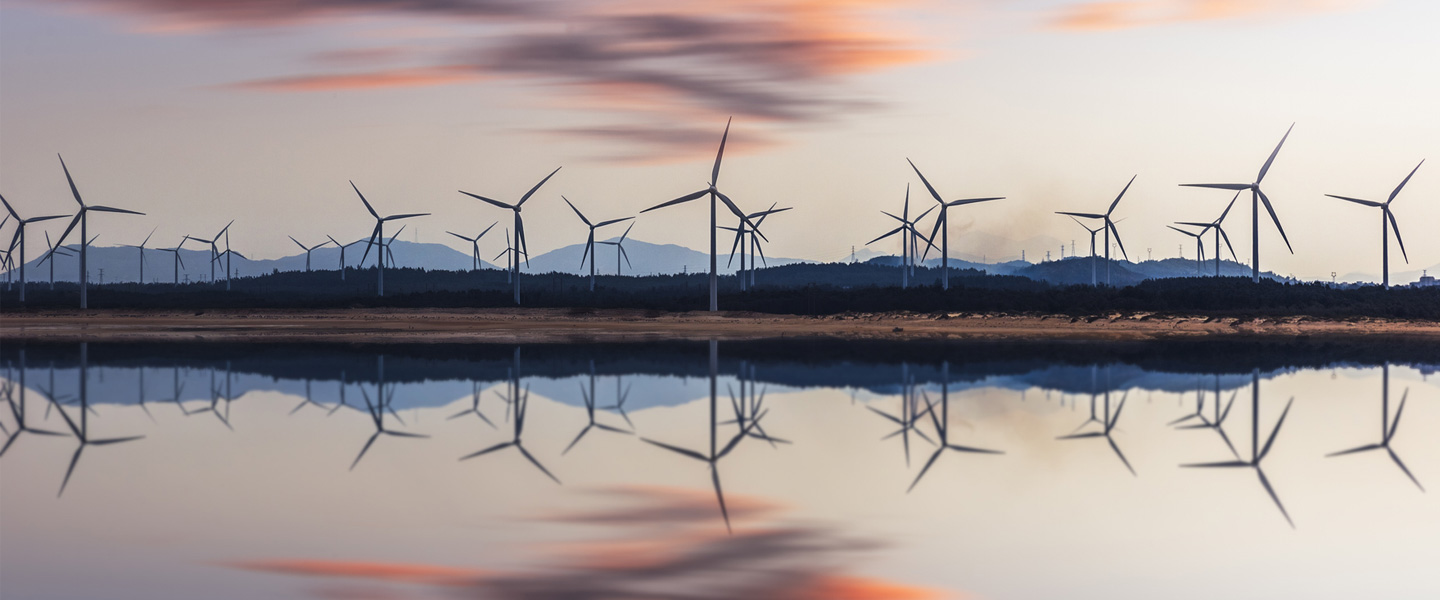The Sustainable Development Goals: The time to act is now


The UN’s 17 Sustainable Development Goals (SDGs) are amongst the most ambitious projects humanity has ever attempted. They represent our best hope of tackling the most serious challenges facing our societies and our planet. The investment required to meet the targets by 2030 cannot be provided by governments and NGOs alone. The private sector has a critical role to play if we are, collectively, to achieve the SDGs.
While many investors, corporations and financial institutions say they are committed to achieving the SDGs, capital is not flowing at the required speed to the countries where SDG investment matters most. In emerging markets alone, the UN estimates USD3.9 trillion per year will be required to reach all 17 goals by 2030. At the current rate of investment, the UN has calculated a gap of USD2.5 trillion per year.
As we enter a new decade, it is critical that investors embrace the SDGs at pace and at scale: we have 10 years to deploy the capital and capabilities at our disposal to help build a sustainable future for the planet. There can be no purpose more worthwhile.
Until now, there has been little data at an individual country or SDG level to identify the investment needed to meet the goals, and it has been difficult to identify where the opportunity to participate is greatest for the private sector. Our Opportunity2030 study aims to address this – providing investors and corporations who are serious about their commitment to the SDGs with a map of the potential investment opportunities across three of the most tangible, infrastructure-focused goals.

The challenges of mobilising SDG investment, particularly in emerging economies, are real. But barriers are coming down and new thinking is helping to channel capital into countries that have previously found it difficult to attract private investment. Innovative forms of finance such as blended finance and sustainability bonds are providing the mechanism for investors and corporates to rise to the challenge.
At Standard Chartered we are equally at home in the emerging economies that are most in need of investment and in the more developed economies that can provide that investment. We know we have a pivotal role to play in helping our markets realise the SDGs. We are playing our part to tackle climate change, having committed to facilitating and financing USD35 billion worth of cleantech and renewables between 2020 and 2025, with a focus on emerging markets. Alongside this, we have ceased financing new coal-fired power plants, will phase out our exposure to thermal coal by 2030, and are taking decisive steps to measure, manage and reduce the emissions from the activities we finance.
Beyond climate change, we have mobilised USD1 billion in microfinance, placed the world’s first ‘blue bond’ and last year we launched our first Sustainability Bond, raising EUR500 million to fund projects aligned to the SDGs in emerging markets. And we are only just getting started. The private sector can, and must, do more, and we intend to lead the way.
While the SDGs may be extraordinary in their ambition, they offer a unique opportunity for the private sector to deploy capital to generate strong returns while enabling long term sustainable development. Currently, not enough of this capital is reaching the countries that need it the most.
With just a decade to go, the time to act is now.
Get the full Opportunity2030 findings and download the report here.